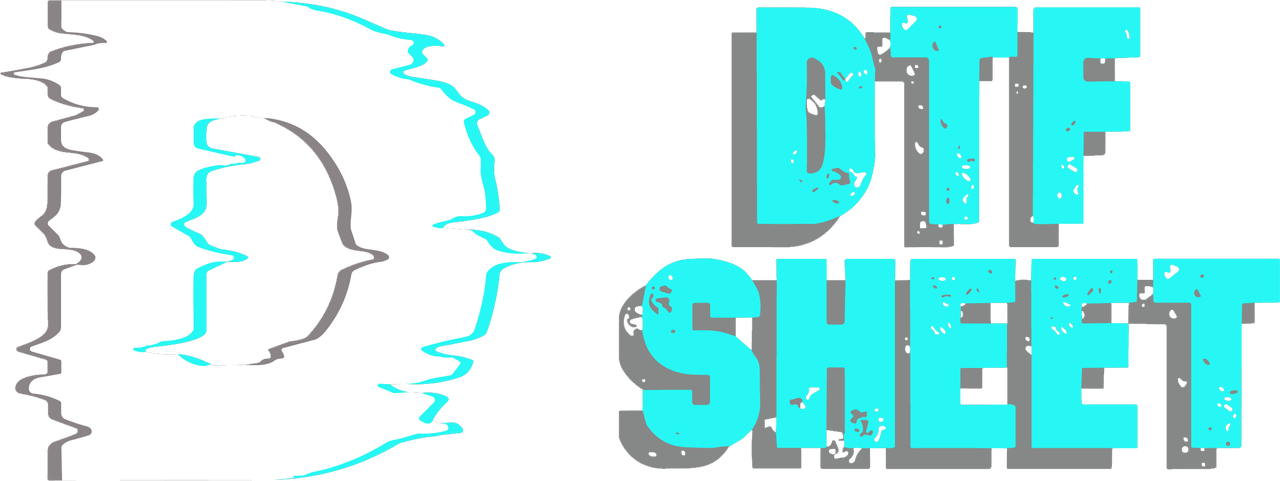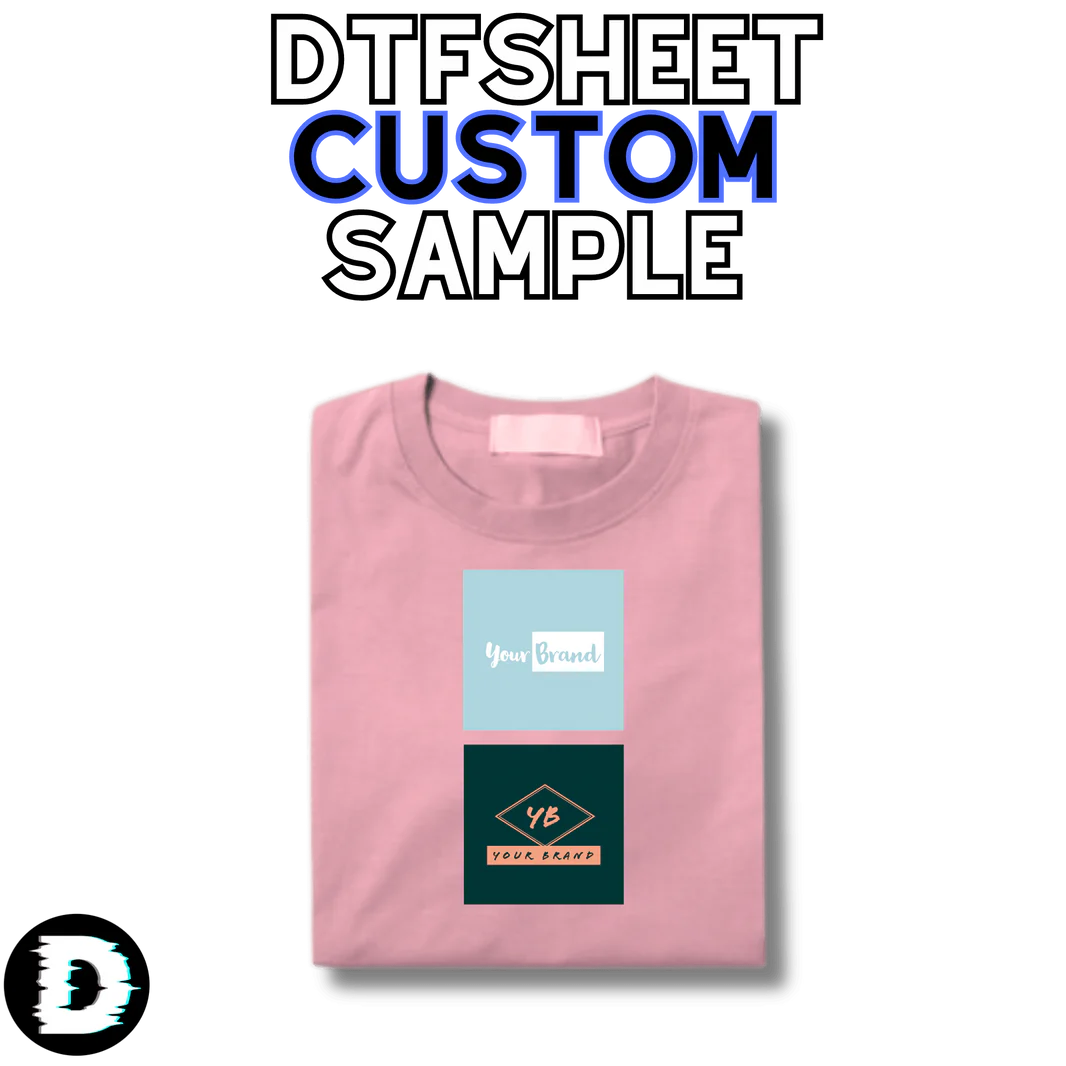
The Two-Layer Approach of DTF Printing: The New Symbol of Quality and Aesthetics
DTF SheetShare
In the modern world, it is extremely important for brands to express themselves visually and differentiate their products from their competitors. This is where the Two-Layer Approach of DTF Printing comes in and offers a new way to create brand identity and make your products unique.
DTF Printing is the process of transferring specially prepared film layers directly to the textile surface using heat. This process allows color transitions to be captured perfectly, resulting in high-resolution, vibrant and high-quality prints. DTF Printing ensures the perfect application of graphics, designs and logos on textiles.
What is the Two-Tier Approach?
Creativity and vibrancy are crucial in the DTF Printing process. The quality of the visibility of the prints is the most important point. In this case, a two-layer approach comes into play.
First Layer: Visual Aesthetics The first layer of the Two-Tier Approach emphasizes visual aesthetics. At this stage, specially prepared designs, graphics, colors and patterns are applied to the surface of the products with DTF printing technology. DTF printing maximizes the aesthetic quality of products by offering high resolution and vivid color transitions. This layer provides visual appeal that differentiates your products from others.
Second Layer: Tactile Aesthetics The second layer of the Two-Layer Approach highlights tactile aesthetics. At this stage, tactile effects are added to the surface of the products. These effects enable products to feel different when touched. For example, it is possible to add embossing, gloss, mattness or different textures. Tactile aesthetics help products leave a deep impression on users and make your brand more memorable and memorable.
Why Should Two-Tier Approach Be Preferred?
DTF Printing is a popular process that prioritizes perfection along with technological sophistication. Having two-layer prints provides many advantages. He can basically talk about these advantages in the following ways.
Uniqueness of Products: The Two-Tier Approach provides an excellent opportunity to differentiate your products from your competitors. Unique visual and tactile features make it more interesting.
Product Quality and Durability: The double layer process on DTF printing increases the quality of the products. High-definition printing and tactile effects ensure the products are long-lasting and durable.
Brand Identity and Promotion: The brand identity you create becomes more solid and unique with two-layer designs.
Environmental Sustainability: DTF Printing technology is an environmentally friendly option that produces less waste, which is important for environmental sustainability.
Does DTF Printing Two-Layer Approach Cause Health Problems?
When it comes to the two-tiered approach, there seems to be too much processing and use of harmful substances. Of course, although the two-layer approach provides us with many advantages, there are also factors that need to be taken into consideration in terms of health. While printing, ink and many other chemicals are used. No matter how high quality materials are used, these materials are ultimately chemicals. You can protect yourself from the health problems caused by two-layer DTF printing by paying attention to a few details. First of all, it is very important to use quality ink. In addition, take care to use quality and certified ink. Install a good ventilation system and ventilate your workplace. Provide appropriate training to employees and encourage the use of personal protective equipment. Comply with local laws and regulations regarding waste management.
The DTF Printing Two-Layer Approach is generally not a health problem when appropriate precautions are taken. However, it is important to follow the appropriate safety protocols during and after the process. This is necessary to protect the health of both employees and customers.



























